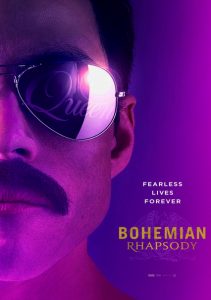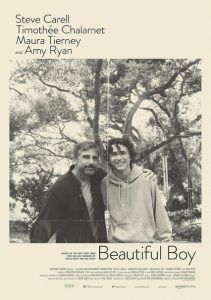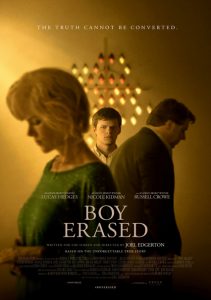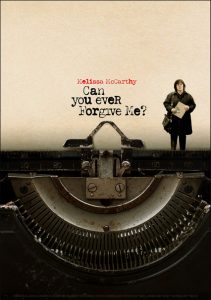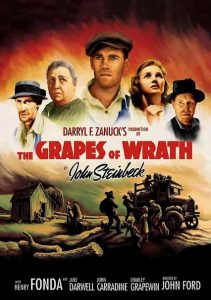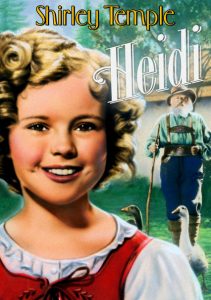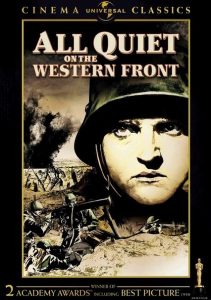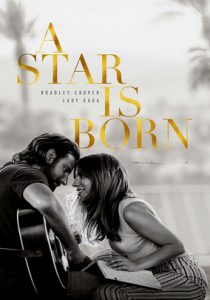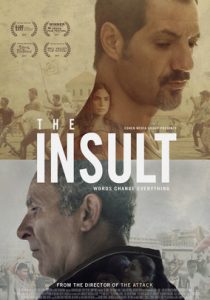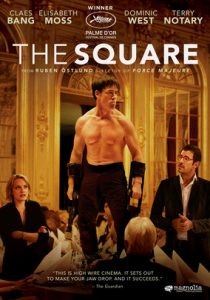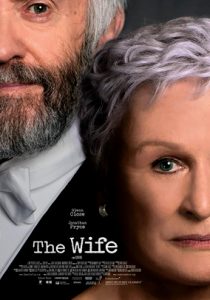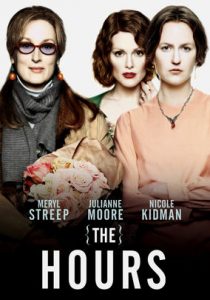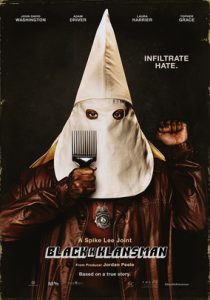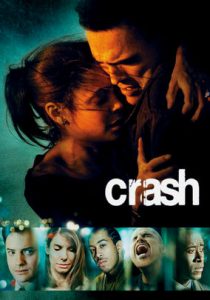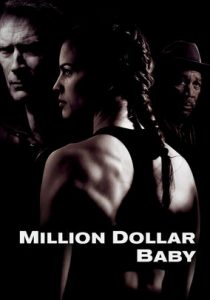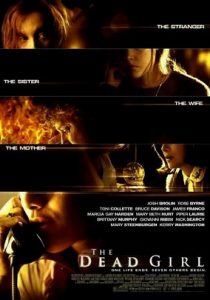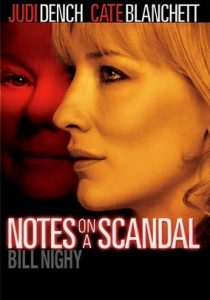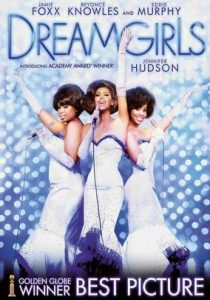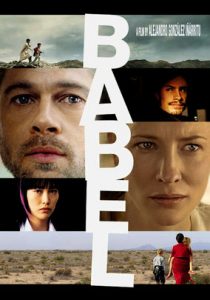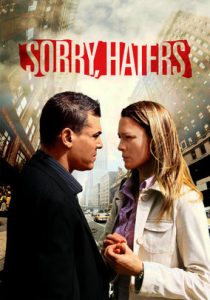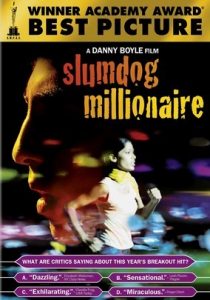Bohemian Rhapsody-2018
Director-Dexter Fletcher, Bryan Singer
Starring-Rami Malek
Scott’s Review #836
Reviewed December 3, 2018
Grade: A-
Crafting a biography of a performer with the personality the size of Freddie Mercury is a tough feat to accomplish- successfully anyway.
The filmmakers of Bohemian Rhapsody (2018) opt to go in a decidedly mainstream direction and this proves a wise choice as the film becomes an enthralling foot-stomping crowd-pleaser.
That nitpicking about accurate timelines and rigid facts may be disappointing, but others content to sit back and enjoy a heartfelt biopic will certainly love the film.
Rami Malek gives a flawless performance as Mercury, the legendary singer of the British rock band, Queen. I will go out on a limb and state that this could be the young actor’s crowning achievement and his “role of a lifetime”.
The film wisely chronicles the singer’s initial struggles finding his band-mates and the band’s subsequent rise to fame and fortune during the 1970s and the 1980’s.
Predictably, as with many rock bands, in-fighting, drug use, and jealousies reared their ugly heads.
Other points of interest featured are Mercury’s personal life and his HIV diagnosis culminating in his ultimate death in 1991 at the tender age of forty-five.
Less so a biography of the band, Mercury takes center stage as the point of the film. With his four-octave vocal range and his operatic sensibilities, the star was a force to be reckoned with, nobody who would back down from either studio executives or pesky reporters eager for a scoop about his personal life and preference for male companions.
Malek sinks his teeth into an enormous role undoubtedly intimidating for most actors and an unbelievable challenge for the casting department. With boldness and charisma for miles what actor could ever fill this challenging role?
Malek completely shines as he dons dentures to emulate Mercury’s famous overbite, a fact that the film nearly over exaggerates.
With wounded eyes and clever dialogue Malek delivers witty one-liners and comical comebacks with a smirk, a hand wave, or a retort of “my dear”. The actor is careful though to perfect the dramatic and emotional scenes flawlessly and portray the singer as a lonely and isolated being.
To the delight of most classic rock fans, Bohemian Rhapsody features many songs in the Queen catalog. “Killer Queen”, “Hammer to Fall”, “Another One Bites the Dust”, “We Will Rock You/We Are the Champions”, and the game-changing “Bohemian Rhapsody” complete with the histories and stories behind many of these legendary hits are featured.
Perhaps the loveliest tune “Love of My Life”, which Mercury wrote for his fiance Mary Austin, is prominently featured.
The film concludes with the band’s fantastic performance at Wembley Stadium in London for the Live Aid event in 1985. A breathtaking finale, this final sequence is jaw-dropping with emotion, heart, and entertainment and is the film’s finest moment.
As the story reaches its climax at this point with Mercury’s HIV diagnosis (a death sentence for gay men in the 1980’s) and revelation to his bandmates, the lengthy scene will not leave a dry eye in the house.
A weakening Mercury powered through his illness to deliver a dynamic performance.
The numerous historical inaccuracies of Bohemian Rhapsody (2018) as well as the incorrect timeline of the events have been called into question.
Also, the fact that two members of Queen (Brian May and Roger Taylor) had a staggering amount of creative control is cause for alarm.
Additionally, in further reading, the characters of Mary and Mercury’s manager Paul may have not been as good or bad as they were respectively written. These points may be valid, but as a source of good entertainment, the film is a major champion.
Oscar Nominations: Best Picture, Best Actor-Rami Malek (won), Best Sound Editing (won), Best Sound Mixing (won), Best Film Editing (won)
